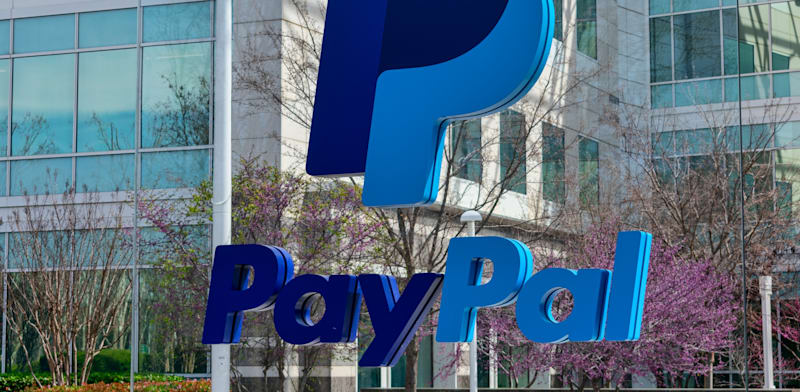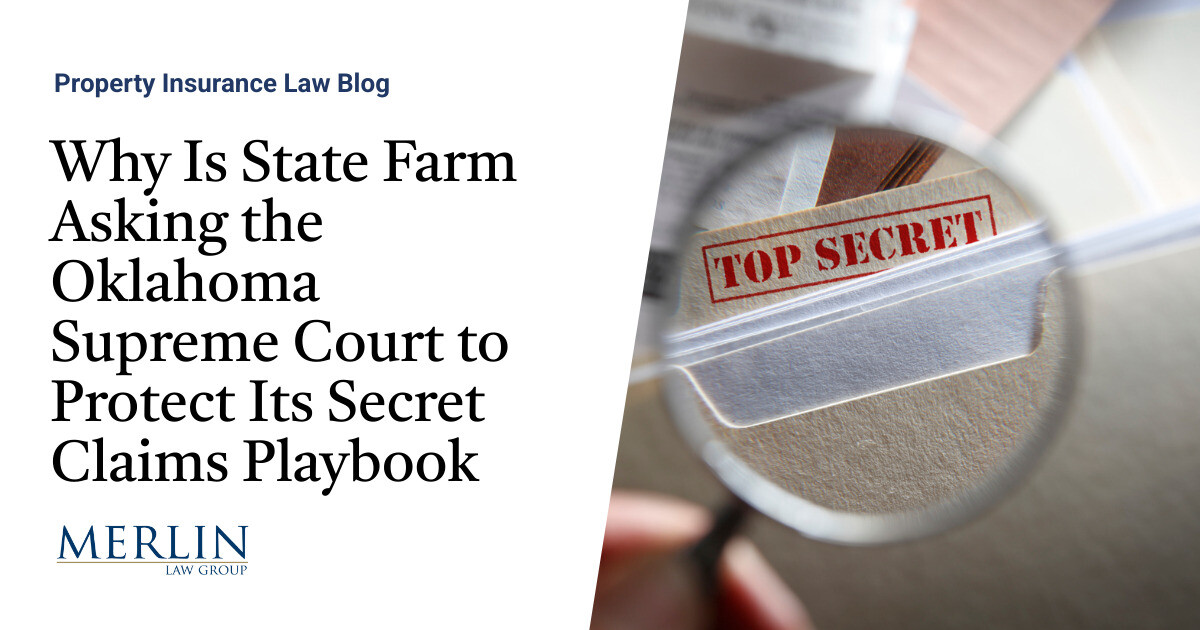Banks are going slow in marking delinquent accounts as fraud, as they await clarity from the Supreme Court (SC) on disclosure norms, senior officials said. This comes after the country’s biggest lender, State Bank of India (SBI), moved the apex court seeking clarification on the apex court’s March 27 order on fraud account classification.Rajneesh Karnatak, MD & CEO, Bank of India, said the lender is not declaring any account as a fraud account post April 1. “We will wait for the Supreme Court orders to come, guidelines to come, only then we will be taking a call on the frauds,” said Karnatak. However, the bank is continuing its forensic audits.
The SC order, passed by a bench of Chief Justice of India D Y Chandrachud and Justice Hima Kohli, upheld the judgment of the division bench of the Telangana high court on December 10, 2020 ruling that banks should provide an opportunity for a hearing to borrowers before classifying their accounts as fraud. It also said that borrowers must also be given an opportunity to understand the findings of forensic audit report of their loan accounts. As per Bank of India’s latest earnings, the lender declared a total of 208 frauds in FY23 amounting to Rs 582.6 crore, out of which Rs 556.37 crore was outstanding as on March 31. The lender has created a 100% provision in this regard.
Another MD at a large public sector bank said nearly all banks have taken a pause in reporting frauds post April 1 as they await clarity from the SC. “We have spoken with the Reserve Bank of India (RBI) and they said a circular in this regard will be issued in days to come,” the MD said requesting anonymity.Sanjay Agarwal, senior director at CareEdge Ratings, said in terms of individual accounts, probably a few accounts could not be declared fraud for some time, at least till the SC issues clarification, but on an overall basis the corporate banking system is “pretty robust”.
“Fraud declarations are related to repayments and NPAs (non-performing assets). Right now, NPAs are low and further accretion of NPA is also declining, thus to that extent declaring or not declaring some of the accounts as fraud will not impact banks’ business metrics materially,” Agarwal said. Mahindra & Mahindra Financial Services vice-chairman and MD Ramesh Iyer said it may not be administratively suitable for lenders to approach every single small ticket loan borrower before declaring their account as fraud.
“I think some clarification will come and they (SC) will keep some size of the borrowing. I think it may not be applicable to retail and be applicable for SME (small and medium enterprises) and above wherein the minimum lending has to be `50 crore or `100 crore,” Iyer said. Tamilnad Mercantile Bank MD and CEO S Krishnan said when lenders perform forensic audit of an account, they already keep borrowers in know of the proceedings. “The consortium (of lenders) also when they discuss, the company representative are involved. So, I do not think that this may be a very big challenge but there can be little procedural difference because of this, so we will have to wait and watch out for Supreme Court,” Krishnan said.
Mukesh Chand, senior counsel at Economic Laws Practice, says the SC will likely shed some light on the two clarifications sought by the SBI in its petition, first that only the relevant portion of the forensic audit report should be shared with borrowers, and secondly SC may allow banks to choose timelines for reporting an account as fraud. “It cannot be a one-size-fits-all approach but it will depend on case-to-case basis, exigencies of the matter and seriousness of the issue. But banks or RBI will have to lay down guidelines on how much minimum time and maximum time can be provided to borrowers before an account be marked or declared as fraud,” Chand said.






































